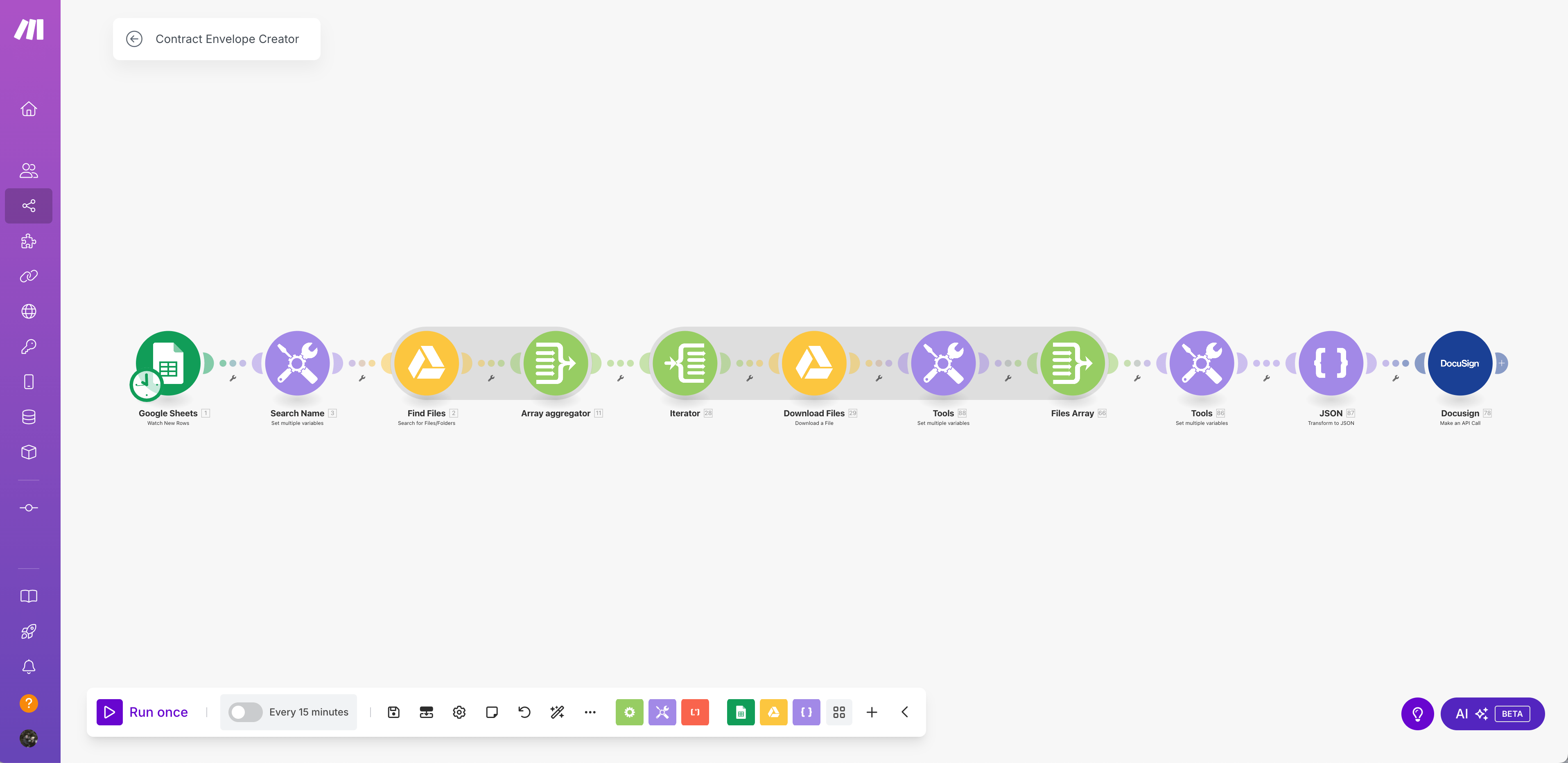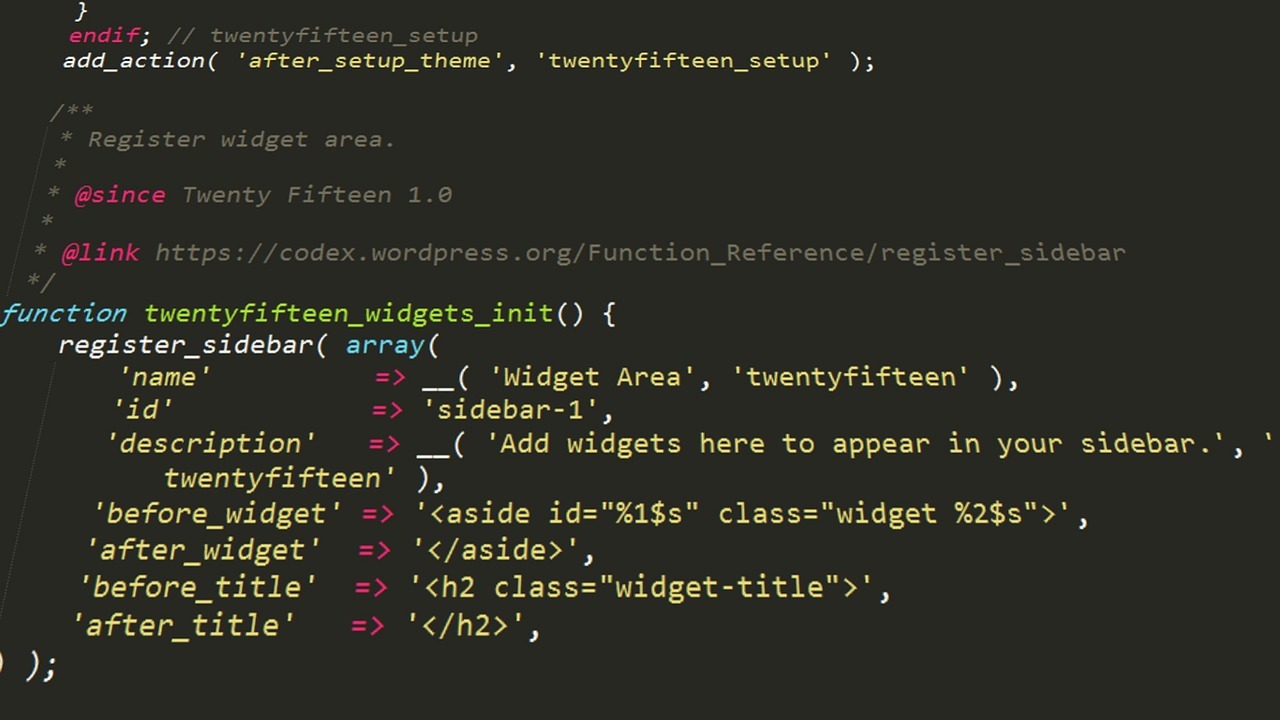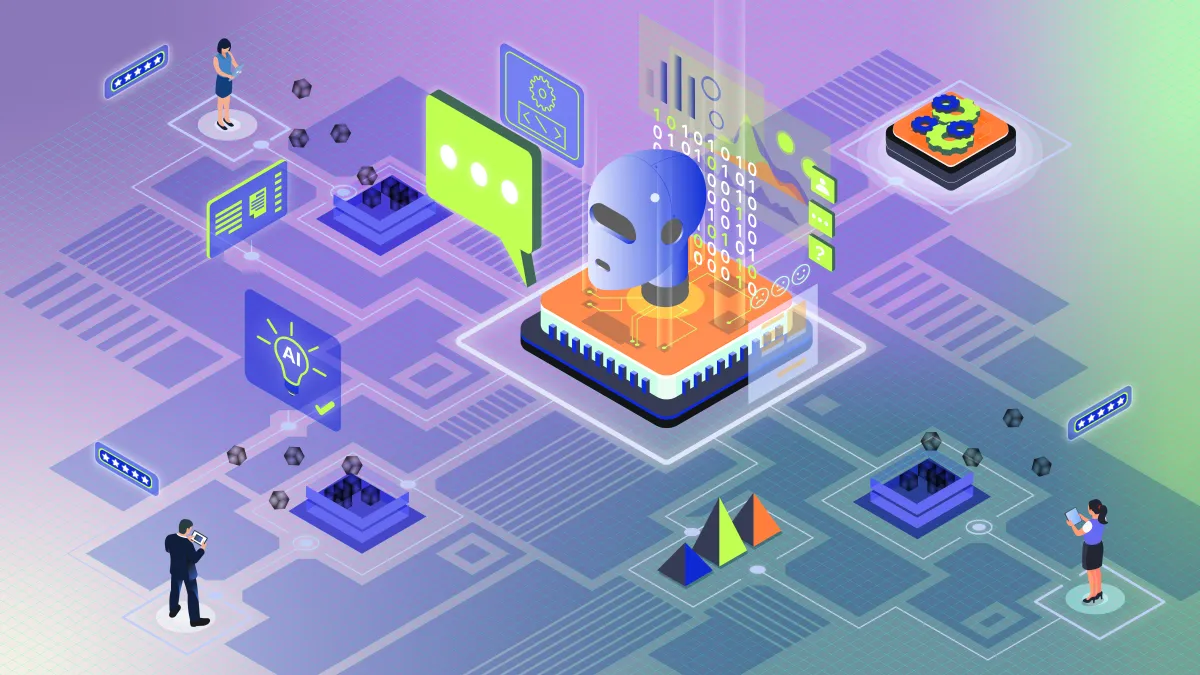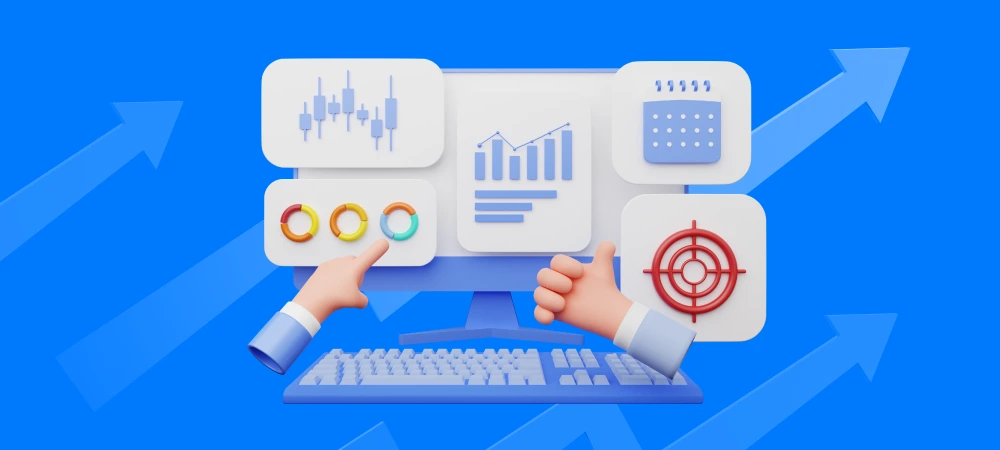The introduction of Artificial Intelligence (AI) has radically transformed how businesses optimize their operations for cost efficiency and time savings. According to a report by McKinsey, AI technology could potentially deliver additional economic output of around $13 trillion by 2030, boosting global GDP by about 1.2 percent a year. This powerful technology optimizes business operations, drives cost efficiency, and saves time. Let’s delve deeper to understand how AI is reshaping the corporate world with its innovative applications.
AI’s Growing Presence In Customer Service And Sales
The rise of AI in customer service and sales is revolutionizing how businesses interact with their customers. From intelligent chatbots that provide round-the-clock support to AI-driven sales platforms that tailor product suggestions based on individual customer preferences, AI is at the helm of customer-centric innovation.
How AI Tools Are Transforming Marketing Strategies
AI tools allow marketers to analyze vast amounts of customer data, facilitating personalized marketing strategies. AI technology is also instrumental in predicting consumer behavior and sales forecasting, enabling businesses to design more focused and effective marketing campaigns.
The Role Of AI In Data Analysis And Decision-Making Processes
AI’s role goes beyond customer service and marketing; it transforms data analysis and business decision-making processes. AI algorithms can process and analyze vast amounts of data at unprecedented speeds, turning raw data into actionable insights. This not only expedites decision-making processes but also improves their accuracy, ultimately leading to better business outcomes.

Key Areas Where AI Enhances Efficiency And Reduces Costs
Artificial Intelligence (AI) is pivotal in streamlining business operations and reducing operational costs. Let’s delve into the key areas where AI is enhancing efficiency and contributing to significant cost reductions in businesses.
Streamlining Inventory Management With AI
Inventory management, a critical element of business operations, is being revolutionized by AI. Traditionally, managing inventory involved manual tracking and forecasting – a process prone to human error and inaccuracies. AI algorithms can now do real-time tracking and precise forecasting, eliminating guesswork and potential inaccuracies. This advanced technology can predict future demand based on patterns in historical data, allowing for better planning and efficient management of stock levels.
Furthermore, the application of AI extends to warehouse operations. Here, it automates and streamlines tasks, reducing the potential for error and increasing productivity. For instance, AI-powered robots can sort and move goods around the warehouse, mitigating the risk of human-induced errors and accidents. This leads to safer and more efficient operations and translates into considerable cost savings – a critical parameter of improved business performance.
Therefore, it’s clear that AI’s role in inventory management is not just transformative but also instrumental in driving operational efficiency and reducing costs.
Revolutionizing Customer Service Through AI Chatbots
AI Chatbots are revolutionizing customer service in several ways. Firstly, by automating responses, AI chatbots allow for faster customer support. They can swiftly respond to common queries, reducing customer wait times and enhancing their overall experience.
Secondly, AI chatbots enable personalized customer interactions. Leveraging AI-driven insights, these chatbots can tailor responses to suit individual customer needs, making interactions more engaging and effective.
Finally, AI chatbots offer 24/7 availability and can handle large volumes of queries. Unlike human agents who require breaks, AI chatbots can support customers round the clock, ensuring no query goes unanswered regardless of the time of day. Plus, they can simultaneously interact with countless customers, efficiently managing high-volume queries.
AI’s Impact On Email Marketing Strategies
AI’s influence on email marketing strategies is profound. Let’s look at three key areas where AI is making substantial contributions.
Automated And Personalized Email Campaigns
AI is revolutionizing the way marketers create and deliver email campaigns. With the power of AI, marketers can automate the process of designing and scheduling emails, saving a significant amount of time and resources. More importantly, AI enhances personalization in email marketing.
AI can customize email content by analyzing customer data to cater to individual customer preferences and behaviors. This tailored approach boosts engagement rates and ensures a more memorable customer experience.
Data-Driven Insights For Targeted Marketing
AI’s role extends beyond automation and personalization. It also provides crucial data-driven insights that inform targeted marketing strategies. AI can sift through vast volumes of customer data, identifying patterns and trends that may not be apparent to human analysts.
These insights enable marketers to better understand their audience and refine their marketing strategies, ensuring a more targeted and effective approach.
Measuring And Improving Email Engagement Rates
Lastly, AI is paramount in measuring and improving email engagement rates. AI tools can track key metrics such as open, click-through, and conversion rates, providing a comprehensive analysis of an email campaign’s performance. Based on these insights, marketers can make data-driven adjustments to their campaigns to maximize engagement and ROI.
AI continuously monitors and improves engagement rates and ensures that email marketing strategies remain effective and relevant.
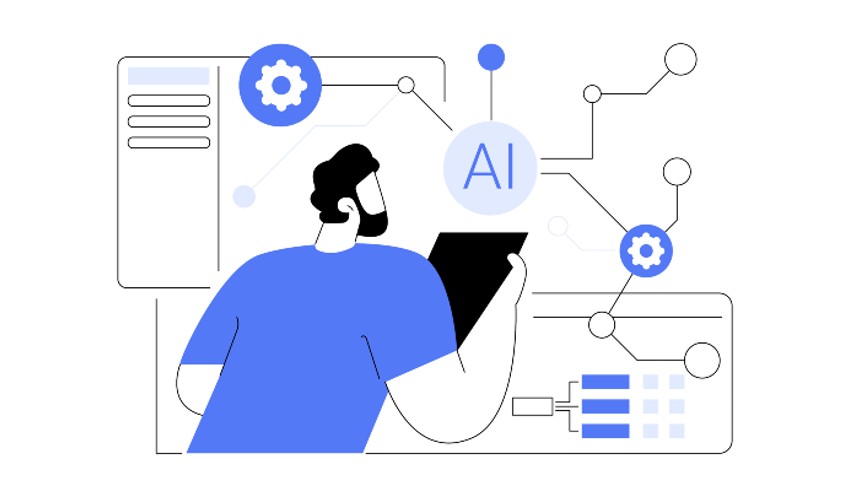
AI’s Role In Operational Cost Reduction
AI’s transformative impact is felt across all aspects of a business, but its prowess in slashing operational costs is nothing short of extraordinary. In a world where financial prudence is integral to survival and growth, let’s illuminate how AI stands in the limelight as the ultimate cost-cutter, revolutionizing age-old processes and carving a path of efficiency and savings.
Mind Your Business Newsletter
Business news shouldn’t put you to sleep. Each week, we deliver the stories you actually need to know—served with a fresh, lively twist that keeps you on your toes. Stay informed, stay relevant, and see how industry insights can propel your bottom line.
Subscribe to Mind Your Business
Transforming Human Resources With AI
AI is reinventing the recruitment process by automating repetitive tasks and eliminating human bias. AI-enhanced recruitment tools can scan through countless resumes in a fraction of the time it would take a human recruiter. These tools search for keywords and other parameters set by the employer, shortlist candidates who meet the requirements, and reduce the time taken for selection. This efficient approach leads to significant cost savings in the hiring process.
AI-powered Learning Management Systems (LMS) are transforming how companies train and develop their employees. These systems offer personalized learning paths based on each employee’s unique needs and progress, ensuring effective and engaging training.
AI can also identify employee skills gaps and recommend appropriate training modules to fill these gaps. This personalized approach reduces training redundancy and improves workforce efficiency, leading to significant operational cost savings.
AI is a game-changer in the realm of performance analysis and workforce management. AI-powered tools can track employee performance metrics in real-time, providing detailed insights to help managers make informed decisions about raises, promotions, and even layoffs.
Furthermore, AI can forecast workforce needs based on business trends, helping companies optimally allocate resources and reduce unnecessary costs. The result is an efficient, well-managed workforce that directly contributes to the company’s bottom line.
AI-Driven Cybersecurity Solutions
AI is increasingly being adopted as a robust shield against cyber threats, revolutionizing cybersecurity. AI-driven cybersecurity solutions offer proactive and predictive defenses, ensuring businesses stay one step ahead of cybercriminals.
Predictive Threat Analysis And Risk Management
AI-driven cybersecurity solutions are pivotal in predictive threat analysis and risk management. By employing machine learning algorithms, these solutions can sift through colossal amounts of data, identifying suspicious patterns and behaviors indicative of potential cyber threats. This proactive approach allows organizations to anticipate and mitigate risks before they transform into full-blown cyber attacks, safeguarding their digital infrastructure and sensitive data.
Real-Time Monitoring And Response To Cyber Threats
In this era of relentless cybercrime, AI’s real-time capability to monitor and respond to threats is invaluable. Traditional security systems often fail to detect sophisticated attacks or identify them when it’s too late. AI-powered systems, on the other hand, are constantly vigilant, dynamically adapting to evolving threat landscapes. They can promptly detect unauthorized entries or unusual activities, trigger instant alerts, and even initiate countermeasures, ensuring robust and responsive protection against cyber threats.
Automating Repetitive Security Tasks
Automation is one of the key benefits offered by AI-driven cybersecurity solutions. They eliminate the need to manually execute repetitive and mundane tasks, such as patching software vulnerabilities, updating security protocols, or monitoring network traffic. This frees up valuable time for IT professionals to focus on more strategic tasks and removes the risk of human error. This efficiency significantly improves overall cybersecurity posture and contributes to operational cost savings.
Automation Of Routine Tasks And Processes
Automation, powered by AI, is revolutionizing how businesses handle routine tasks and processes. It brings a new level of efficiency and accuracy to operations, reducing costs and allowing employees to focus on strategic initiatives. Let’s explore how AI facilitates streamlining administrative tasks, reducing operational costs, and enhancing productivity.
Streamlining Administrative And Operational Tasks
AI significantly streamlines administrative and operational tasks, reducing the burden of repetitive work. By automating tasks such as data entry, scheduling, and invoicing, AI allows staff members to focus on complex tasks requiring human creativity and intelligence. This not only improves efficiency but also elevates the quality of work produced.
Reducing Operational Costs Through Process Automation
With AI’s help, process automation is a powerful tool for reducing operational costs in businesses. AI can automate workflows, reducing the time taken to complete tasks and the need for manual labor. Simultaneously, it minimizes the scope for human error, thus avoiding costly mistakes and reworks.
Enhancing Productivity And Reducing Human Error
AI-driven automation significantly enhances productivity by reducing the time spent on tedious tasks. At the same time, it minimizes human error by providing precision and accuracy, even in tasks that require meticulous attention to detail. As a result, businesses can run more efficiently, producing higher-quality outputs, and employees can focus on work that adds more value.

Future Trends: How AI Continues To Shape The Business Landscape
As we look toward the future, artificial intelligence (AI) will continue to shape and redefine the business landscape in profound ways. Its influence extends across various industrial sectors, transforming operational processes, workforce management, and security systems.
AI And Decision-Making In Business
AI is set to revolutionize business decision-making by providing real-time, data-driven insights. These insights can be leveraged to anticipate market trends, optimize operational efficiency, and enhance customer engagement. AI analytics tools incorporate machine learning algorithms to analyze complex datasets, identifying patterns and trends that typically elude human analysis. Consequently, businesses can make informed, forward-thinking decisions that drive growth and competitiveness.
AI In Personalization And Customer Experience
In the future, AI will play a significant role in shaping personalized and highly engaging customer experiences. By leveraging AI, businesses can analyze vast customer data to understand individual preferences and behaviors. These insights can tailor products, services, and marketing messages to individual customers, enhancing their engagement and loyalty. AI-driven chatbots and virtual assistants will also provide personalized and immediate customer service, resolving queries and complaints efficiently. This level of personalization and responsiveness can significantly enhance customer satisfaction and brand loyalty.
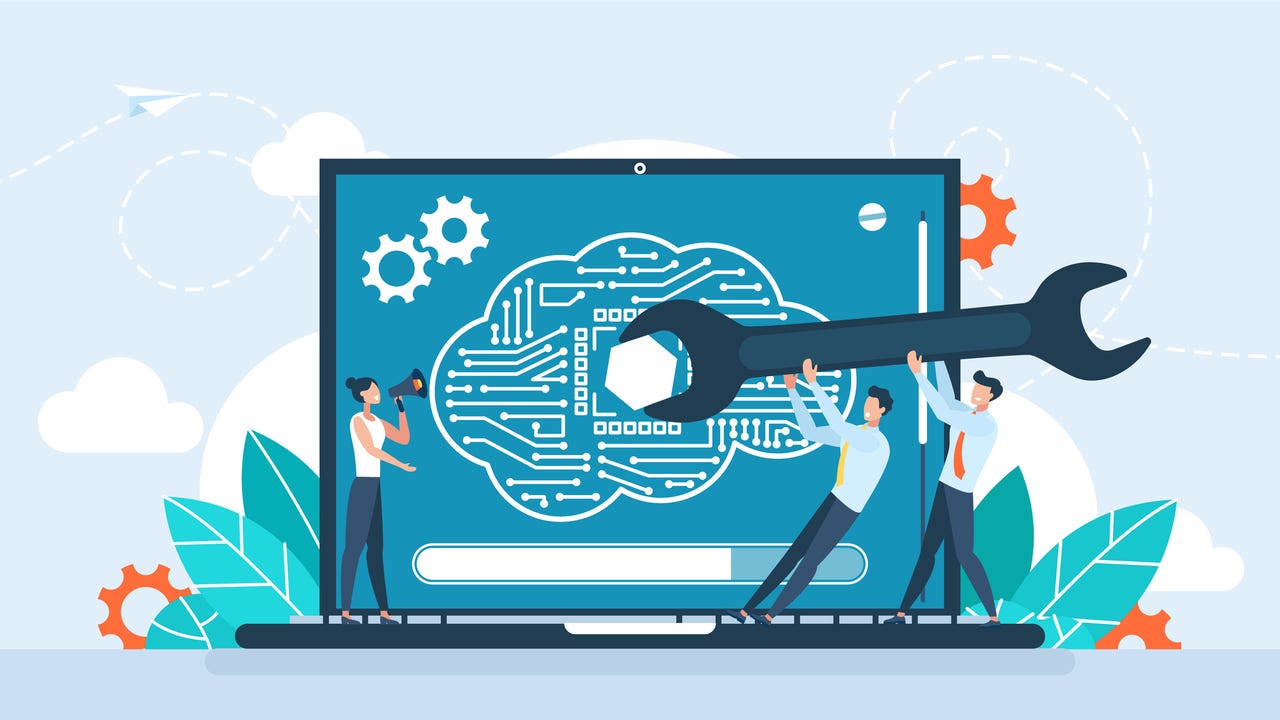
Conclusion And Next Steps
AI’s transformative potential is immense, from enhancing decision-making to personalizing customer experiences. Its ability to automate routine tasks bolsters efficiency and minimizes human error, culminating in substantial cost savings. Moreover, AI’s predictive capabilities in risk management and threat analysis give businesses a proactive stance toward cybersecurity.
AI integration isn’t merely an option; businesses must remain competitive in today’s digital landscape. At this juncture, the question isn’t whether AI will be part of your future but how effectively and swiftly you can harness its potential.
We at The Good Fellas Agency are prepared to guide you on this journey. We have the expertise and tools to help you integrate AI into your business operations, making them more cost-effective and efficient. Don’t just react to the digital revolution—be at its forefront with us.
